The long-anticipated second season of Netflix’s hit Arabic original, Al-Rawabi School for Girls, arrives with a daring twist: an entirely new cast. This bold move comes after a two-year gap since the critically acclaimed first season – a gamble that raises the question of whether the show can recreate its magic without the characters viewers grew to know and love through Season 1’s captivating six episodes.
Early indicators suggest the gamble could pay off. Season 2 has quickly soared to the top of viewership charts across the MENA region. Series creators Tima Shomali, Shirin Kamal, and Islam Alshomali skillfully transport us back into the claustrophobic world of privileged teenage school girls while tackling a distinctly modern struggle: social media obsession and bullying.
Note: This is a spoiler free review of Season 2. Other than a brief description of the plot and characters, there are no spoilers.
TikTok, Bullying Take Center Stage in Season 2
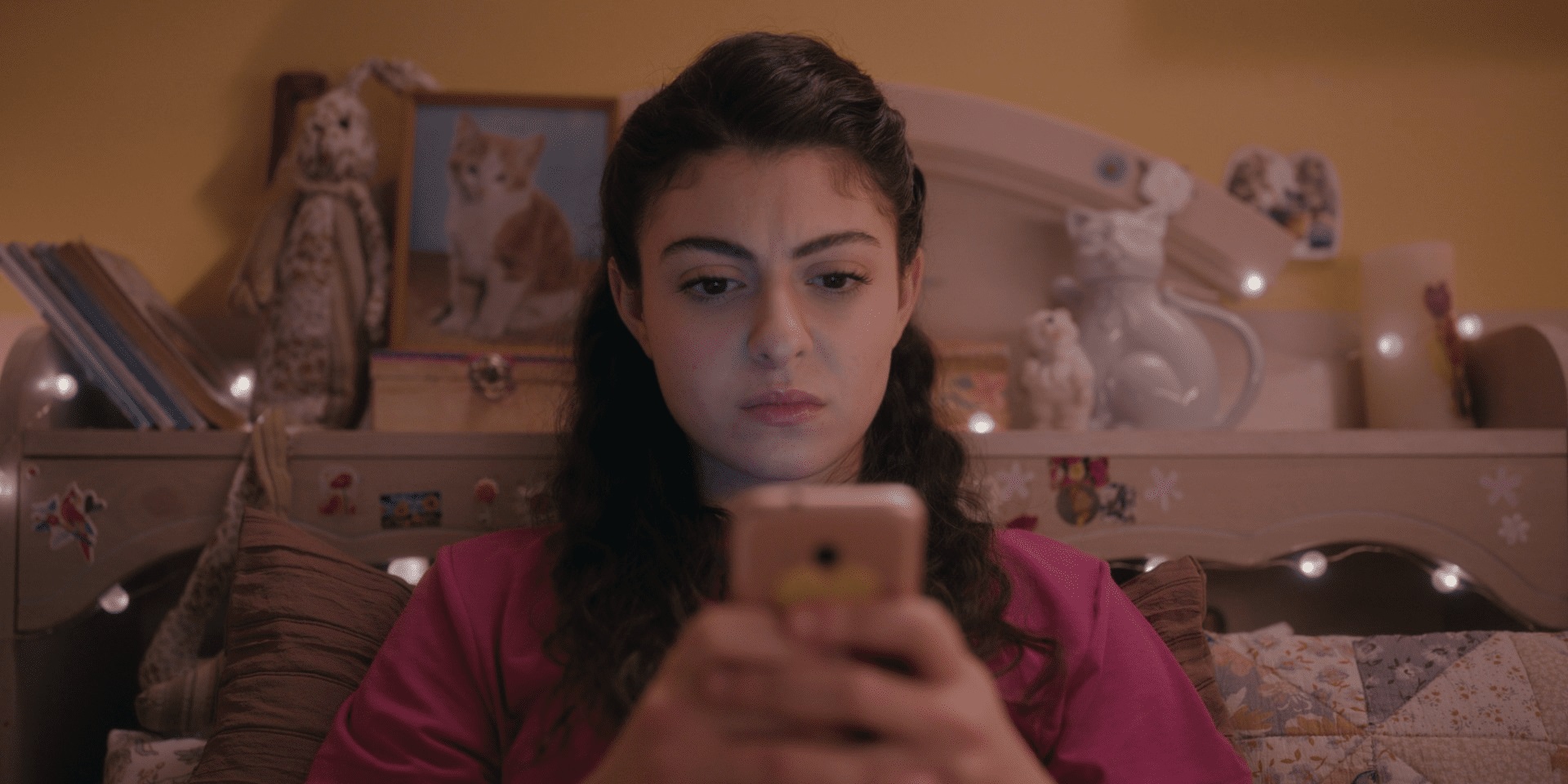
Season 1 focused on Mariam’s (Andria Tayeh) harrowing revenge plot against her bullies Layan (Noor Al Taher), Rania (Joanna Arida) and Roqayya (Salsabiela).
While still offering its signature blend of drama, humor, and coming-of-age dilemmas, Season 2 is firmly rooted in the TikTok era. Here, popularity is defined by likes, clout is king, and authenticity is often abandoned in the pursuit of validation.
In Season 2, viewers follow Sarah (Tara Abboud), a schoolgirl desperate to climb the social hierarchy at school. Sarah’s relentless ambition triggers second-hand embarrassment in a way that feels acutely contemporary Sarah’s goal, made clear in the first episode, is to attain the popularity of ‘Queen Bee’ Tasneem (Sarah Youssef) and her sidekick Hiba (Kira Yaghnam).
While initially Sarah’s overly protective best friend Nadine (Tara Atalla) tries her best to remind her that she does not need anyone’s validation, Sarah’s ambition following her overnight fame (where she gains more than 100,000 followers in mere hours after posting a humorous video) becomes difficult to cage.
That swift change in Sarah’s social status becomes the obsession of Shams (Thalia Elansari), a mysteriously moody videographer who decides Sarah’s rise (and perhaps inevitable fall) should be the subject of her documentary for a mid-term project. Meanwhile, Farah (Raneem Haitham) is a social misfit whose existence reminds Sarah, and the audience, of the girl she desperately wants to leave behind.
What follows is a season that replaces the darkness of calculated vengeance with the familiar tropes of the ‘Mean Girls’ genre. Petty squabbles, shifting alliances, and a relentless obsession with social media define the struggles of Al-Rawabi’s latest cohort.
It’s a world of curated image, vicious rumors, and desperate bids for social standing. While the revenge element certainly lingers, it’s a muted beat compared to Season 1. Still, the show’s second season manages to deliver a strong, lasting message.
It is worth noting that those left wondering about the ending of Season 1 will find closure. In a sobering scene, and one of the most beautiful moments of the series, the lingering consequences of the previous characters’ actions are laid bare. It is a stark reminder of the potential for real-world damage within the seemingly frivolous realm of teenage politics; a reminder too that such real-world damage is the result of the cultural and societal institutions that exist.
More Than Just ‘Mean Girls’
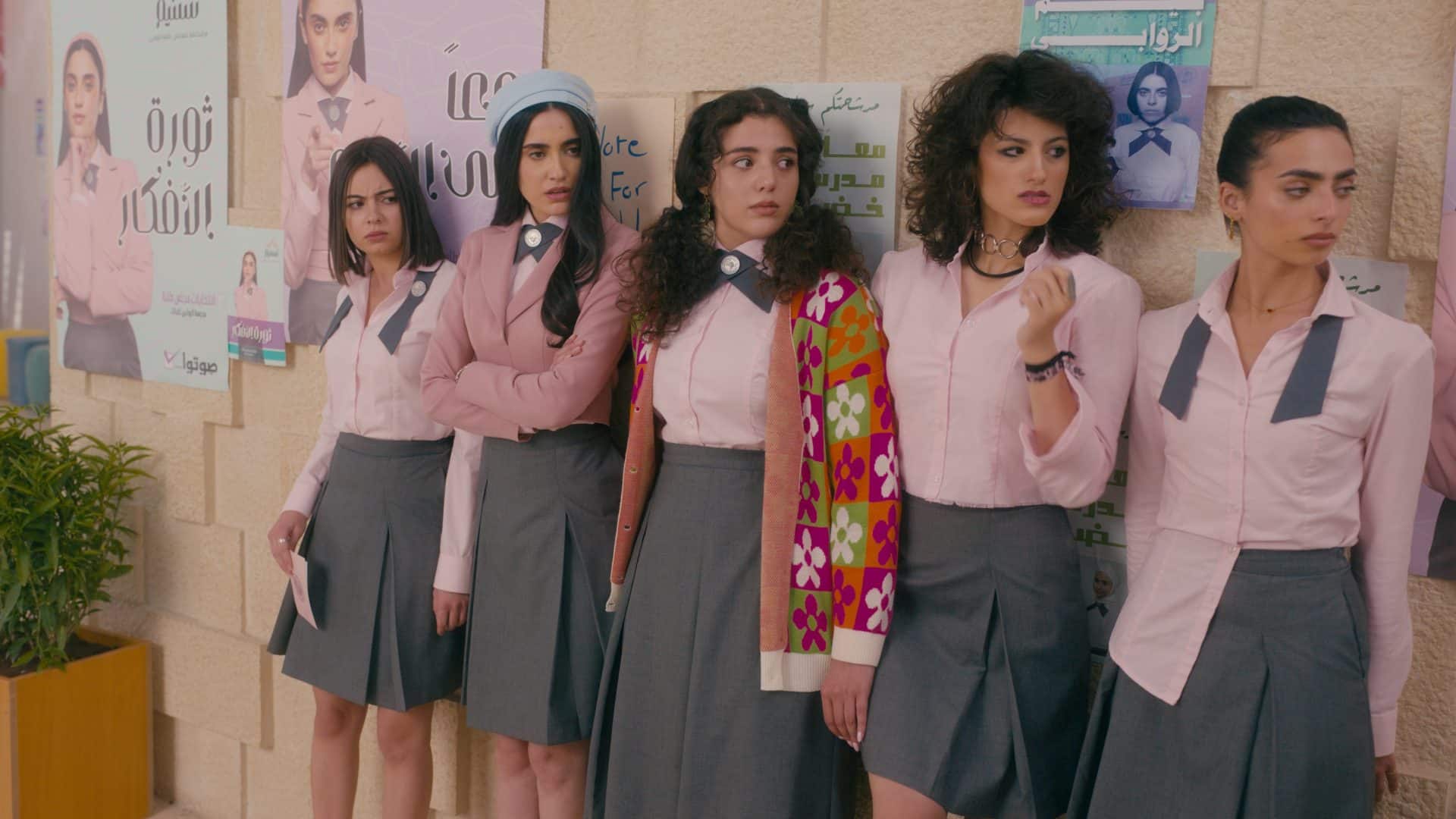
Season 2 delves into timeless issues of bullying, fragile friendships, and body image struggles with a contemporary edge. However, like Season 1, its real strength lies in the setting itself – and thanks to the costume design, locations, characters and the soundtrack, Season 2 excels at this. The show challenges preconceived notions of life in the Middle East, revealing the vulnerabilities and anxieties of Arab youth that transcend culture and geography. In doing so, it provides a compelling lesson in empathy for both regional and global audiences.
This shift into familiar young teen series, or ‘Mean Girls-esque’, territory for the first few episodes of Season 2 might feel less groundbreaking for Western viewers accustomed to such stories. However, the significance of a show like Al-Rawabi School for Girls emerging from this specific region shouldn’t be underestimated. It’s not about reinventing the wheel, but about shattering stereotypes, showcasing voices rarely amplified in mainstream media and sparking conversations about societal and cultural issues.
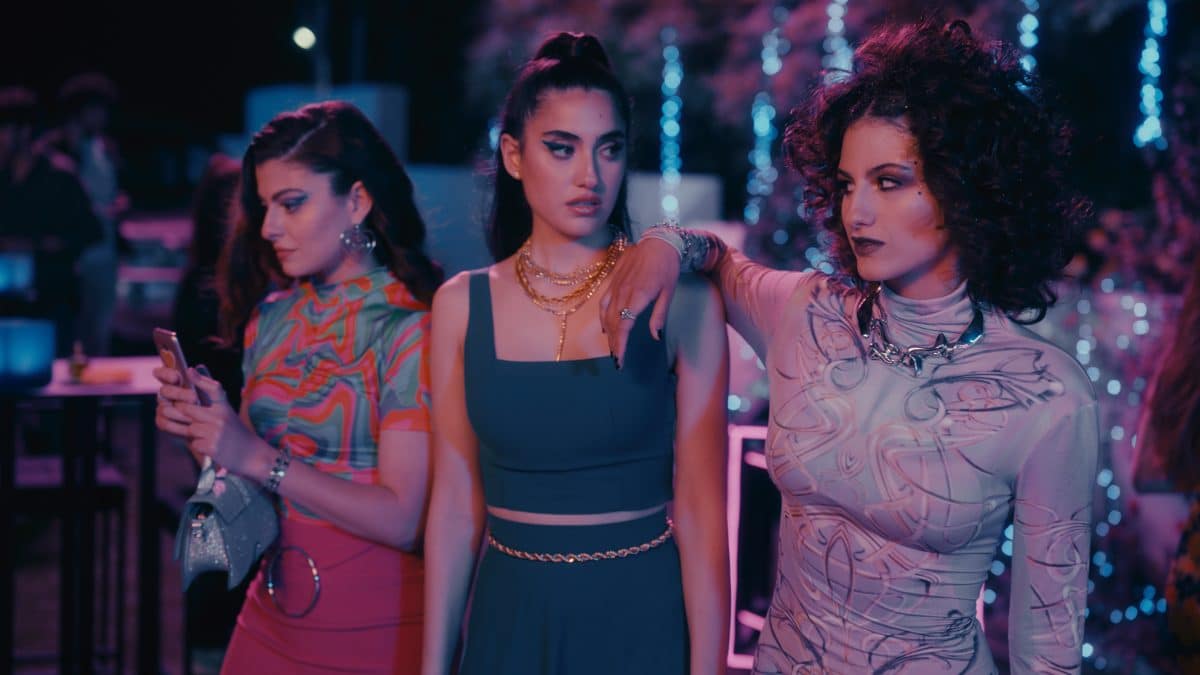
Season 2 is perhaps also more relatable. Though its ‘Mean Girls’ framework may lack the same weightiness of Season 1, Al-Rawabi School for Girls retains its captivating ability to mirror the struggles of youth with raw honesty. The characters might be new, but the show’s message remains crucial: the relentless pursuit of popularity, in any form, is a treacherous game.
The new cast (though worth noting that Ms Faten (Nadera Emran) returns in Season 2), delivers a strong performance, one that will leave the audience forgetting that Season 2 is led by new characters.
Hiba, for example, is genuinely a character the audience will grow to hate, something the show’s writers manage to achieve by placing the audience in the shoes of some of Hiba’s victims. Raneem’s Farah stands out too; Farah was typecast as the butt of everyone’s jokes – the comic relief for the audience – but the glimpses into Farah’s life and Raneem’s portrayal make it clear that she, too, is struggling, just without the focus of the camera on her life.
The characters Sarah, Nadine, Shams and Tasneem are also portrayed through memorable performances – ones that make it clear that each of these characters is different with their own struggles, joys, and dreams.
One caveat lingers: some dialogue can feel stilted. Nonetheless, this should not deter those seeking a captivating look at the pressures and pitfalls facing today’s youth. It bravely explores the darker corners of the social media landscape and bullying, forcing a confronting question: at what point does the pursuit of online (and even offline) fame become harmful and at what point is society as a whole to blame?
Al-Rawabi School for Girls doesn’t offer easy answers, but its unflinching honesty makes it an unmissable glimpse into a world many grapple with, regardless of age or culture.
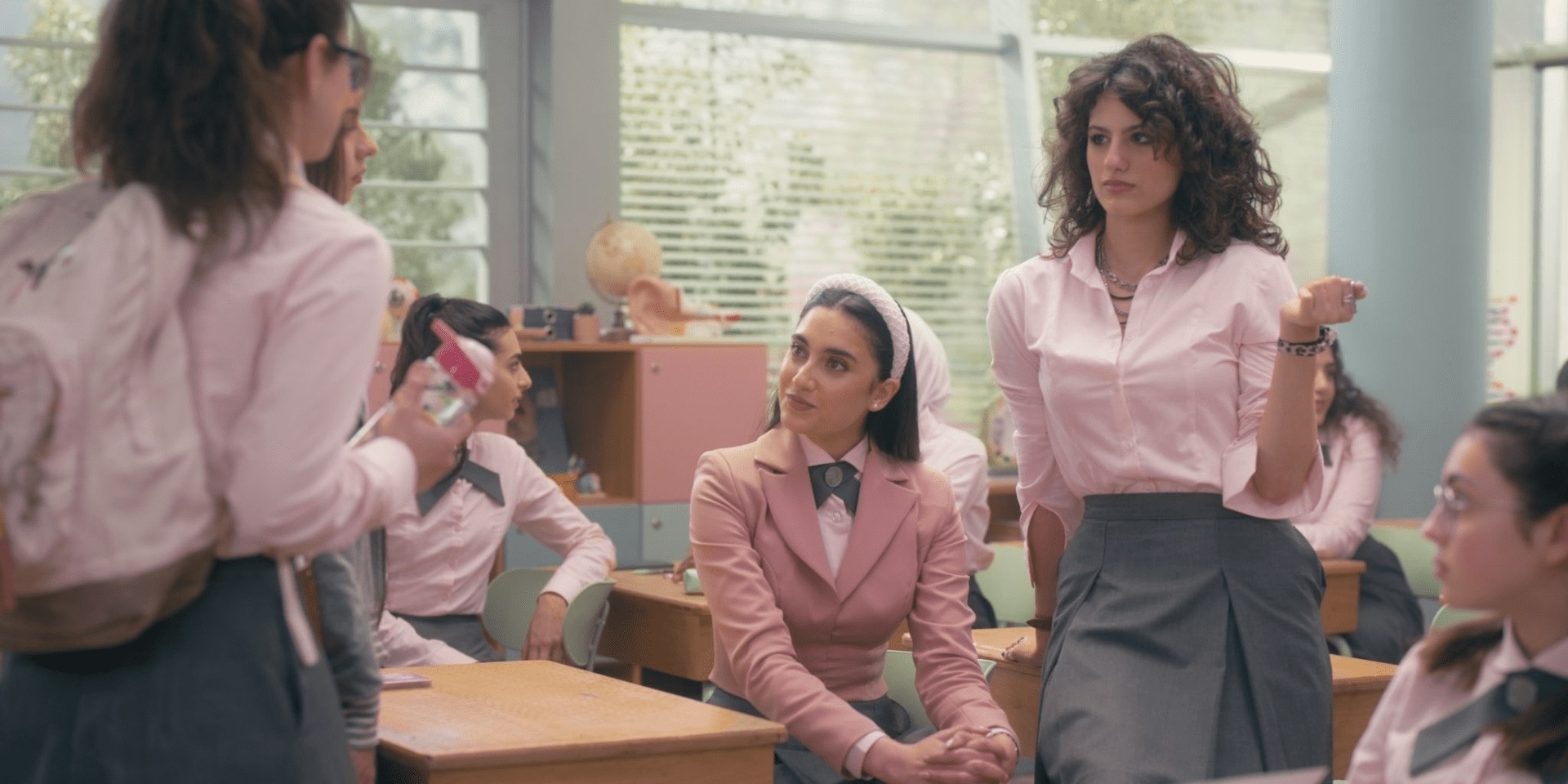


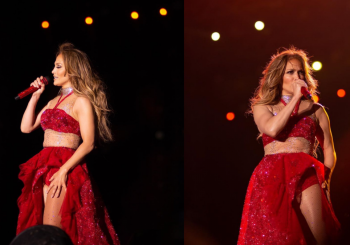
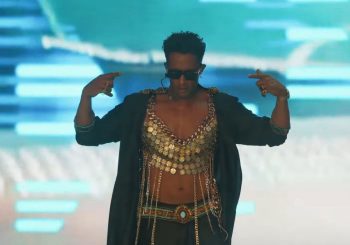

Comments (0)